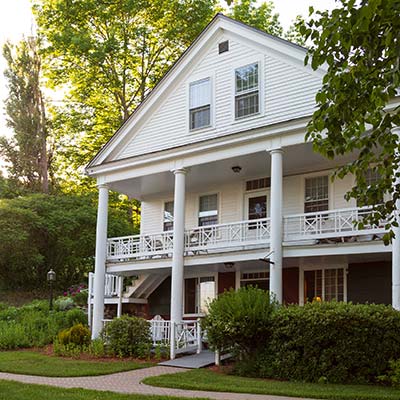‘No problem’. This catch phrase has not only caught on but has become a rampant virus! Last year at the Maine Innkeepers Association Annual Meeting & Conference the opening seminar speaker was principal and founder of Quality Management Services Judy Z. King. Creating guest loyalty was the topic. The part I recall over all were her comments on the use of the catch phrase ‘no problem’ used more and more often by people in the hospitality industry.
Judy’s problem with ‘no problem’ is that it is a double negative that has replaced the positive ‘you’re welcome.’ That got my attention. For managers and staff that should be projecting a positive and caring service attitude, a double negative response to a guest’s ‘thank you’ is not a good response.
I love this from CBS contributor Bill Flanagan. “Saturday night, I took my wife to a good restaurant. The waitress asked if we wanted sparkling water, still water, or tap water. I said, “Tap water, please.” She said, “No problem.” I felt like saying, “Why do YOU think I think it would be a problem for you to get me a glass of water?” Luckily, my wife gave me a look that said, “Don’t start.” And of course my wife was right. The waitress didn’t mean to be rude.”
This is true. The people that use this phrase are just repeating what they hear from others. It most likely came about because it sounds less formal than ‘you’re welcome’. Also the phrase sounds a bit hipper. I believe no one is intending to be rude when they respond with ‘no problem’.
We were recently at a hotel where the entire staff (and I mean entire) responded with ‘my pleasure’. Now this response is definitely positive and a nice one to hear. But…it was used so often that after a while it didn’t sound sincere. The staff was obviously coached to the ‘nth’ degree to use this phrase. I personally would have liked a few ‘you’re welcomes’ mixed in.
I learned as an innkeeper to end interactions with guests with; ‘is there anything else I can assist you with’ or ‘are there any other questions you have at this time’. This kind of interaction with the guest projects a caring attitude first but also gives the guest a feeling they can come to you with any questions or possible ‘problem’ at any time during their stay.
So to end this ode to the phase ‘no problem’, I give you this scenario:
You have just helped a guest plunge their toilet; helped them to the best of your ability remove a red wine stain from a white blouse and…well you name it. The guest thanks you profusely. Do you come back with ‘no problem’ or ‘it was my pleasure’? Now you know what you did for this guest was not a pleasurable experience for either party, so maybe in this case ‘no problem’ is appropriate. Bill Flanagan says in cases like this “It’s a graceful way of telling someone you’ve gone out of your way to help, not to feel indebted.”
I think I will stick with the welcome mat at the entrance and the ‘Thank you for staying with us’ as your guests depart. With the hopeful response of ‘you’re welcome, we had a lovely stay’. Triple positives!
Thanks for Listening,
Janet Wolf






